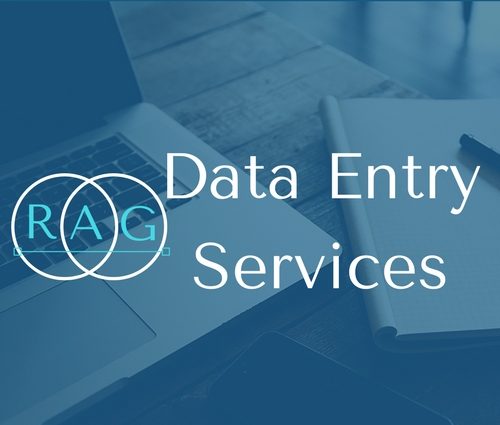Applying for Data Entry Positions

1. Work on your resume. A good resume is the first step to successfully finding a job. Work on producing a stellar resume before you begin sending it out to potential employers.
- Write your resume with your desired job in mind. Put your most relevant experience towards the top of the resume. For a data entry job, this would include relevant computer training, past data entry work, or any clerical work you’ve done previously. Also, do not include every experience or accomplishment. Someone looking to hire a data entry clerk does not need to know you had a paper route in high school, for example.
- Your name and contact information should be at the top of the page. They should be highly visible so your employer can easily figure out how to reach out to you if they like your resume. Use a slightly bigger font and write your name in bold.
- Pay attention to the job postings you’re applying for. What keywords are used over and over again? Do many data entry job postings ask for a well-organized self-starter? Use that terminology in your resume so you look ideal for the position.
- Use bullet points. Accomplishments, skills, and job duties should be listed using bullet points. This makes them more reader friendly, meaning your resume is more likely to get attention.

2. Look through local listings. When you begin compiling jobs to apply for, look at local listings first. As data entry jobs are needed in almost any company, you probably won’t need to change locations to get a position.
- Craig’s List is a great online resource to find work, but watch out for scams. Poor grammar, quick response time, and interviews conducted via email or instant messaging all point to a Craig’s List scam.
- While not as prevalent for job searching as they once were, newspapers still use classified ads. You could try looking in your local newspaper.
- Local employment agencies may be able to direct you where to apply and even provide you with an application.
 3. Try online positions. The internet provides many opportunities for work in data entry from your own home. Working remotely means you’ll save time and money on the commute, and hours are often more flexible.
3. Try online positions. The internet provides many opportunities for work in data entry from your own home. Working remotely means you’ll save time and money on the commute, and hours are often more flexible.
- These positions can be slightly harder to gain. Due to the convenience, they are in higher demand than other data entry jobs. Don’t be discouraged if the search takes awhile.
- Online databases can be used to find work-from-home positions. Simply type “online” or “remote” in the location bar when searching. You might also stumble upon digital positions while searching for jobs in your area.
- Again, watch out for scams. Much like on Craig’s List, if you hear back and are hired very quickly, be wary. Bad grammar and broken English might be a sign messages are being sent through a spambot and not a person.
 4. Go through a temp agency. For short term data entry work, many companies would prefer to hire a temp rather than a full-time employee.
4. Go through a temp agency. For short term data entry work, many companies would prefer to hire a temp rather than a full-time employee.
- While not ideal, having some temp work can at least help build your resume. It can be a good foot-in-the-door and an opportunity to find references and make connections.
- Temp agencies often test your skill set by having you take typing and software tests. This means potential employers can see solid evidence that your resume reflects actual dedication. This can make it easier to get hired than going in cold.
- Occasionally, temp jobs do turn into long-term positions. If hired, try to make a good impression and stay in touch with any bosses or supervisors.
 5. Practice good interview skills. In the event you’re called in for an interview, make sure you know good interview skills. This increases your chance of gaining the position.
5. Practice good interview skills. In the event you’re called in for an interview, make sure you know good interview skills. This increases your chance of gaining the position.
- Dress for the job or company. You can figure out the dress code through the listing or by asking someone in HR. Suits and ties, or business casual attire, are generally recommended if you’re unsure about the dress code.
- Show that you are listening to the interview by maintaining eye contact, smiling and nodding, and asking questions when appropriate. Keep interview answers short and concise and avoid talking too much by rambling.
- When the interviewer asks you if you have any questions, always respond. You don’t want to simply say “No” or ask something about logistics, such as when you can expect to hear back. Ask open-ended questions, like, “What does a day of work look like here?” and “What is your company culture like?”
For more tips try to visit wikiHow or Get in Touch with us.
















